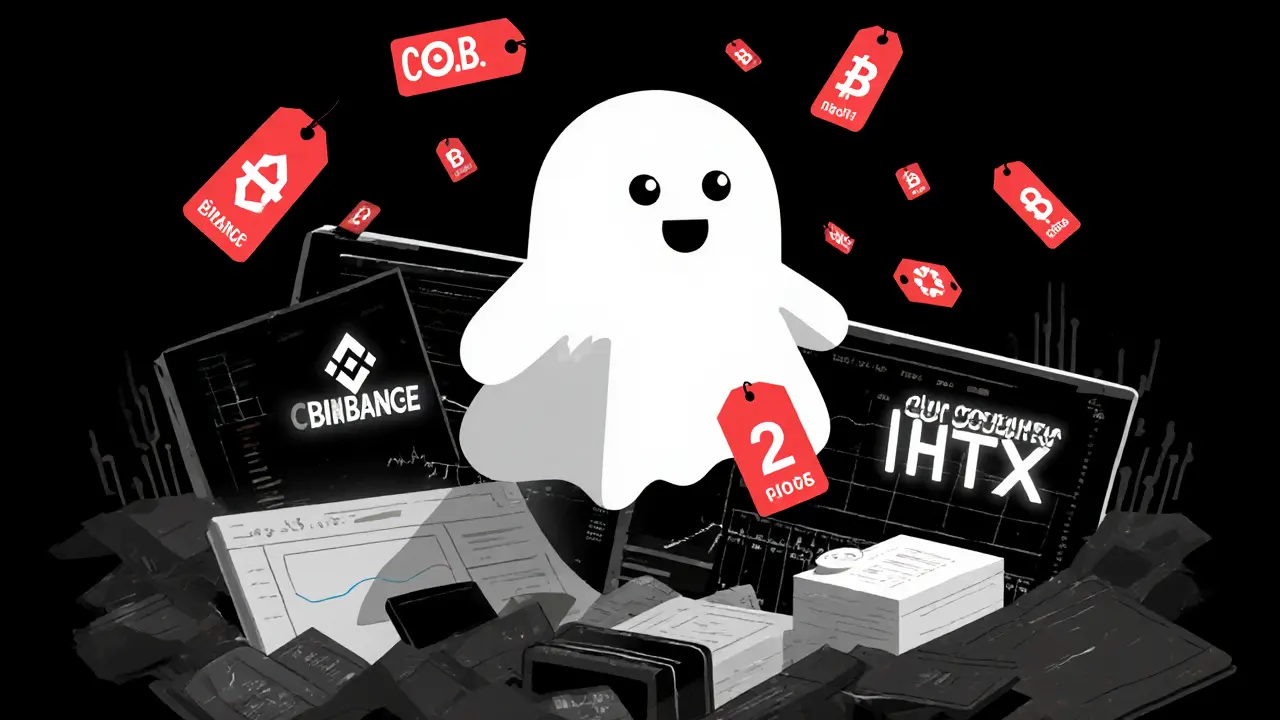GBL Scam: How to Spot and Avoid Fake Crypto Projects
When you hear about GBL, a token falsely promoted as a revolutionary crypto asset, you’re likely being targeted by a crypto scam, a scheme built to trick users into sending money with no real product behind it. These scams don’t need complex tech—they just need your trust. The GBL scam is one of many that copy real project names, fake team profiles, and use social media hype to lure people into wallets that vanish once funds arrive.
Scammers behind fake airdrops, promises of free tokens that require you to connect your wallet or pay a fee often pretend to be linked to big names like CoinMarketCap or Binance. They’ll send you a link to a site that looks official, ask you to approve a transaction, and then drain your account. You won’t get any tokens. You won’t get a refund. And you won’t find a customer service line to call. These are not mistakes—they’re designed thefts. The same pattern shows up in crypto fraud, projects with no code, no team, and no roadmap that vanish after raising funds. Look at posts like the CDONK X CoinMarketCap airdrop or AXL INU scam—they all follow the same script: urgency, fake legitimacy, and a wallet connection that costs you everything.
Real crypto projects don’t need you to act fast. They don’t hide their team. They don’t ask for your private keys. If a project claims to be new, viral, or exclusive—and you’re being pushed to act now—it’s almost always a trap. The cryptocurrency warning, a signal that a project is high-risk or fraudulent isn’t just a buzzword. It’s your last line of defense. Check for live GitHub activity, verified social accounts, and real exchange listings. If none of those exist, walk away. The posts below show you exactly how these scams operate, who’s behind them, and how to protect yourself before you lose your next coin.
What is Global Token (GBL) crypto coin? The truth behind the ghost token
Global Token (GBL) is listed on major exchanges but has zero circulating supply and no real users. Experts warn it's a ghost token with no utility, team, or code - likely a scam or listing error.
learn more